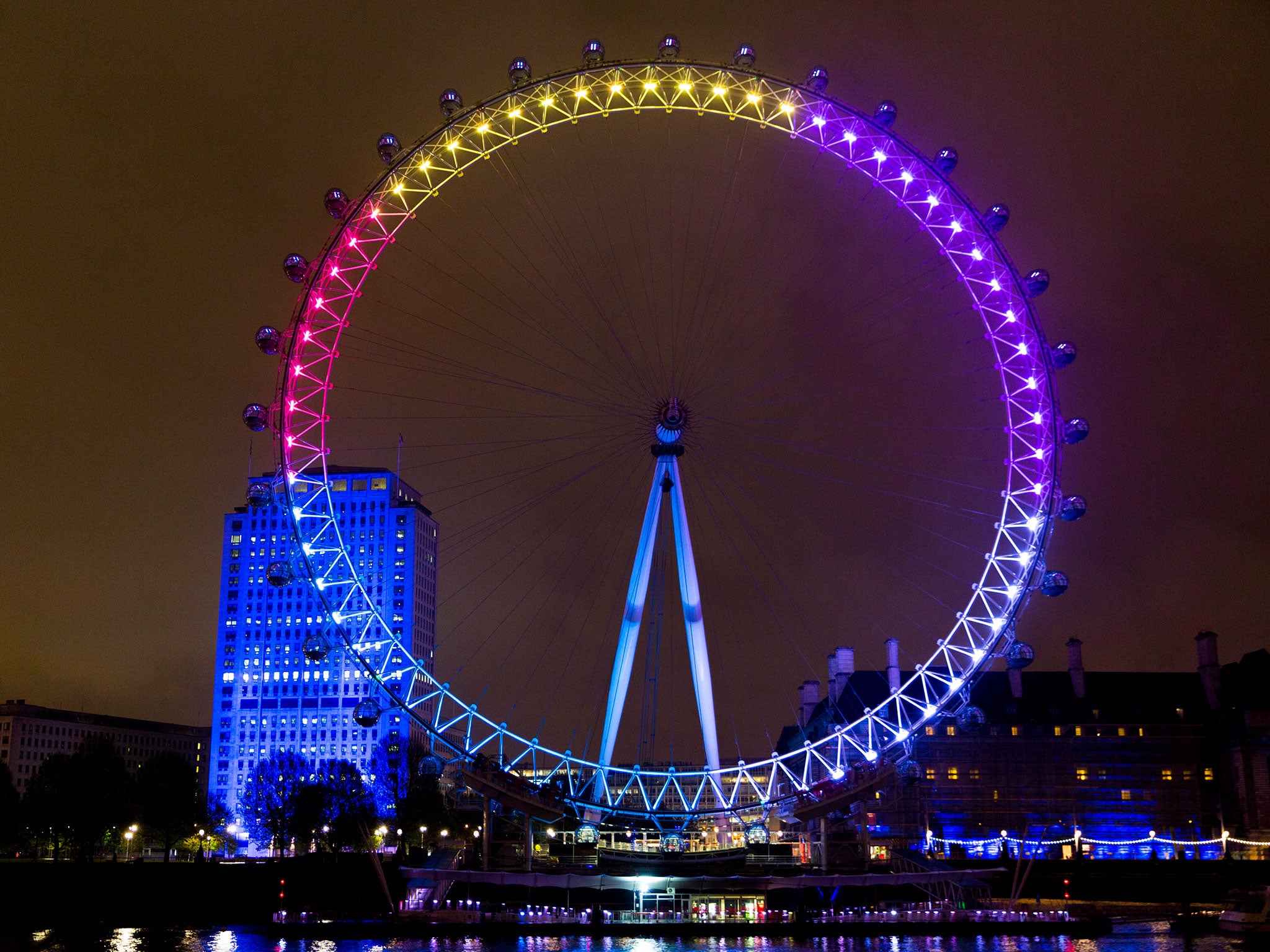Election 2015: Why each party's share of the vote could really matter
With some polls even predicting a tie - every vote counts

Your support helps us to tell the story
From reproductive rights to climate change to Big Tech, The Independent is on the ground when the story is developing. Whether it's investigating the financials of Elon Musk's pro-Trump PAC or producing our latest documentary, 'The A Word', which shines a light on the American women fighting for reproductive rights, we know how important it is to parse out the facts from the messaging.
At such a critical moment in US history, we need reporters on the ground. Your donation allows us to keep sending journalists to speak to both sides of the story.
The Independent is trusted by Americans across the entire political spectrum. And unlike many other quality news outlets, we choose not to lock Americans out of our reporting and analysis with paywalls. We believe quality journalism should be available to everyone, paid for by those who can afford it.
Your support makes all the difference.A conventional argument in British politics is that millions of votes are wasted because of our first past the post voting system, where the many safe seats render votes wasted and the massive disadvantage for smaller parties means voting for them is also a waste.
That argument no longer holds if we are left with a hung parliament which not only fails to give one party an overall majority but also fails to generate enough seats for two parties to combine to form a majority – a very likely scenario.
Firstly, this election is set to put Labour and the Conservatives very close in terms of the number of seats – some polls even predict a tie.
In this scenario, the party that won the most votes would technically have a greater democratic mandate to govern – more people voted for them any other party.
Secondly, if neither party is able to form a government with a second party, it brings the possibility of other smaller parties having a say on who forms a government.
The greater the share of the vote for these smaller parties, the greater their legitimacy to have a say over what happens because more people voted for them.
Yes, we live in a parliamentary democracy where the constitutional requirement for a government is simply to command the confidence of a majority of MPs in the House of Commons.
But with such a close result expected, the question of who can command the wider confidence of voters could play an important role over which parties have a democratic mandate to have a say.
If Ukip won 13 per cent of the vote but only got three MPs while the Liberal Democrats won 9 per cent of the vote and got more than 20 MPs – the rough outcome predicted by most polls – Nigel Farage’s party would have a far greater democratic claim to have their views represented than if their three MPs were voted in on 5 per cent of the vote.
Likewise with the SNP and the Greens – the two parties are likely to win the same share of the vote but the Scottish nationalists could end up with 50 times as many MPs.
The more votes the Greens receive – regardless of whether it leads to more MPs – the more democratic clout they will carry when demanding that their views be heard.
Join our commenting forum
Join thought-provoking conversations, follow other Independent readers and see their replies
Comments